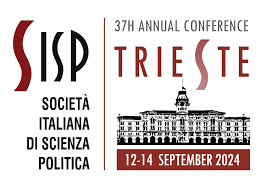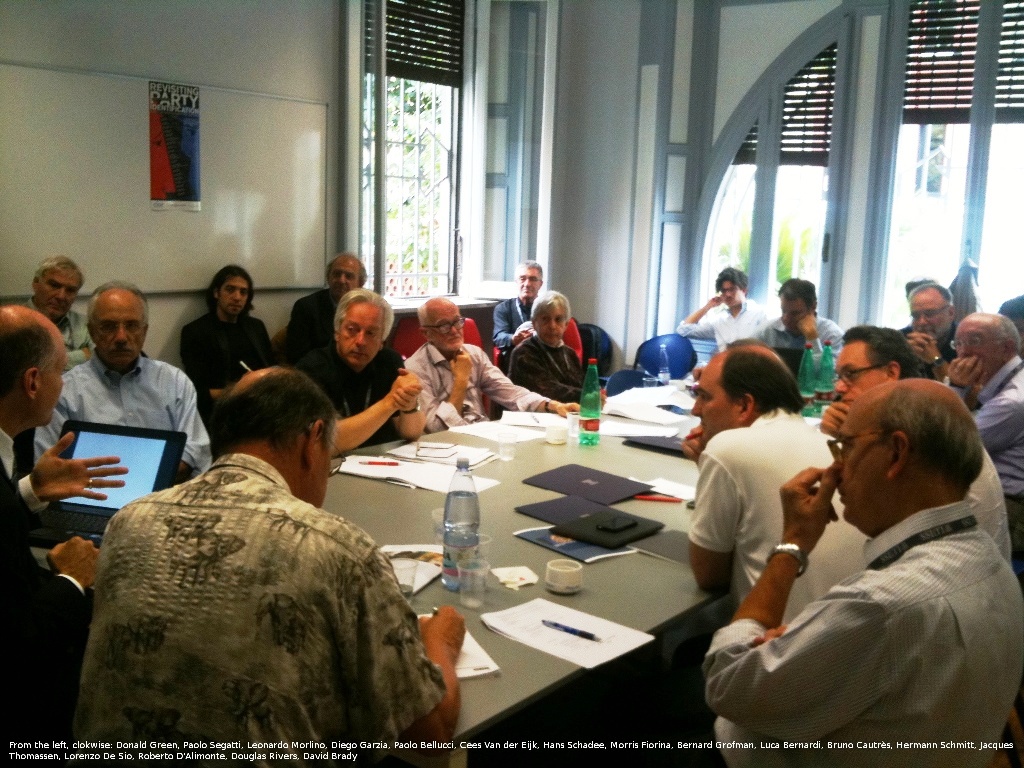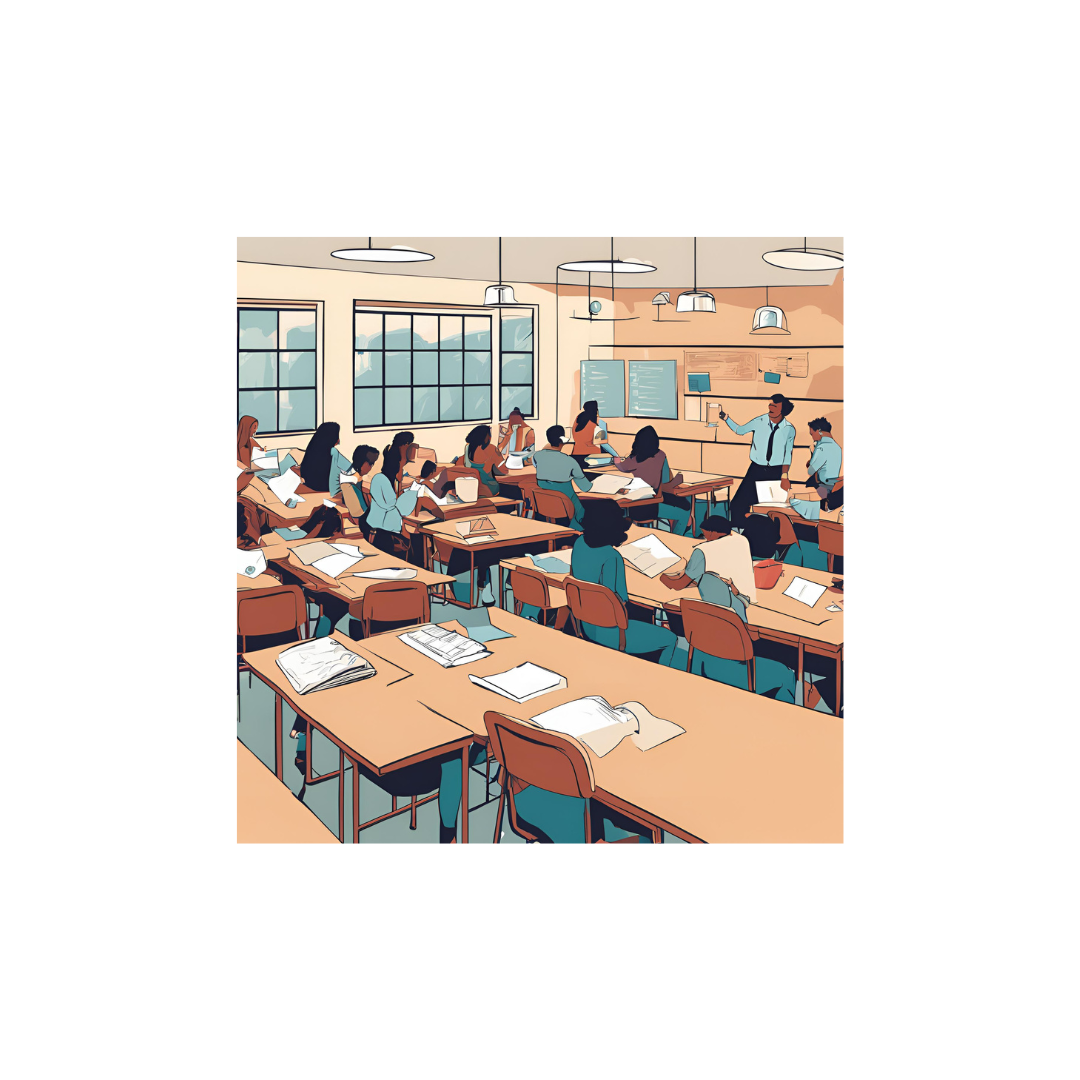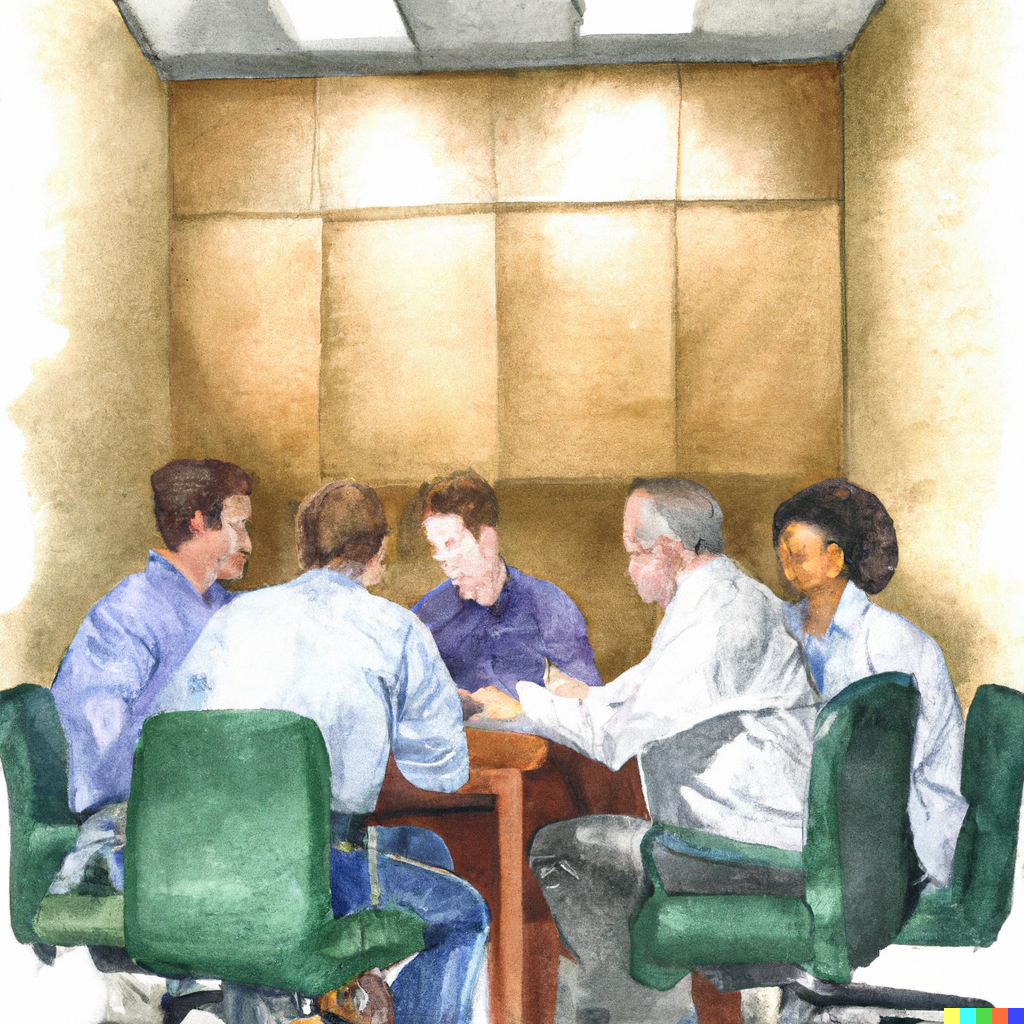This year, the annual conference of the Italian Political Science Association (SISP), the most important event for political science in Italy, will take place from September 12 to 14 at the University of Trieste.
The conference will feature a dedicated panel on the POSTGEN project. This panel will be a key moment for discussion, presenting the project’s initial results, its innovative research design, and some of the important methodological innovations it has introduced.
The panel is scheduled for: Friday, September 13, at 9:00 AM in Room 4C (BUILDING H2BIS – 4th floor – Via A. Valerio n.12).
Schools
The POSTGEN 2024 Summer Meeting
On July 23rd, the University of Florence hosted the summer meeting of the POSTGEN project.
The meeting provided an opportunity for all project members to discuss the progress of the project, analyze preliminary results, and plan future activities.
After the leaders of the various work packages reported on their activities, the research team members discussed the preliminary findings from the qualitative interviews and the school survey.
Finally, the group discussed the next steps to be taken to complete the research.
Data collection in schools has completed
The data collection phase that started in autumn 2023 concluded in May 2024. This phase covered approximately 20 secondary schools across Italy, involving around 1,000 students.
It provided not only the survey results but also valuable qualitative field notes on how students received the questionnaire and how they perceive and attribute meaning to key political concepts.
The 2024 POSTGEN Spring mixed-methods convergent assessment meeting
To ensure seamless integration between these methods, an initial interim meeting was held today—conducted online—where preliminary results from the in-depth interviews were presented.
The findings from this meeting will be used to refine the dimensions to be explored in the upcoming survey of the general population, which will take place during the 2024 European elections.
Data collection in schools has started
The POSTGEN project includes conducting interviews with secondary school students to study their initial understanding of political concepts and meanings. The core of this phase is a survey administered electronically to entire classes using an innovative, gamified questionnaire. This design aims to engage students with familiar communication styles and provide feedback on their political orientation. The survey began in the autumn of 2023 and will cover approximately 20 secondary schools, involving about 60 classes and 1,200 students.
POSTGEN hiring! One post-doctoral position open at the University of Milan
A call is open from December 22, 2022 to February 6, 2023 (23:59 CET) for one twenty-month post-doctoral positions at the POSTGEN unit at the University of Milan (see the POSTGEN project description and the people involved in the project):
Profile description:
The selected postdoctoral researcher will be in charge for specific task related to the “School” project workpackage dedicated to the administration of a questionnaire high school students, to its analysis and to dissemination of the results to schools that participated at the study
The ideal candidates has:
◾ a background in empirical social research with quantitative and qualitative approach;
◾ interest and/or experience in educational research/youth studies;
◾ previous experience in analyzing quantitative and/or qualitative data in one or more of the topics covered by the researched (youth and voting behavior, values and attitudes, political generations, political socialization, etc.);
◾ participation to projects with mixed method research design;
◾ some record of scientific publications;
◾ English and Italian language skills;
The selected researcher will actively cooperate with the project team, and will be offered the possibility of a fully-fledged research experience within the POSTGEN project, including full participation to research activities and to the dissemination of the project, ranging from participation to international conferences to significant opportunities for scientific publications on international journals.
The “Schools” POSTGEN Component
A dedicated “Schools” POSTGEN work package will feature interviews with students in secondary school. This WP aims at observing the initial attribution of content to political concepts and the definition of political meanings, through several studies in secondary schools.
The core of this WP will be the administration of a questionnaire through electronic devices, supplied by researchers to a whole class of students. The questionnaire will explore attitudes and values of pupils around their first voting experience, mapping their positions on salient issues and reconstructing any presence of ideological organization.
The study will cover approximately 20 secondary schools (including “licei”, technical and professional high schools), with more than one class involved (ideally three classes per school, either fourth or fifth year) for a total of approx. 60 classes and 1200 students. This will provide a wealth of information on attitudes, opinions, political and civic engagement of students not yet fully socialized to the democratic process.
The project will also explore the possibility of having an innovative questionnaire, deviating from a standard public opinion survey, by adopting communication registers common to youngsters. Framed in a gamified fashion, such potential development could provide students with feedback on aspects such as location in a political space, closeness to parties, candidates or ideologies.
Information will not be directive and only intended to help understand basic concepts of political debate. In addition, the project will take advantage of the opportunity for discussion of specific issues with students, with presentations and discussions before and after questionnaire administration. This will also offer the possibility to define a quasi-experimental setting.




